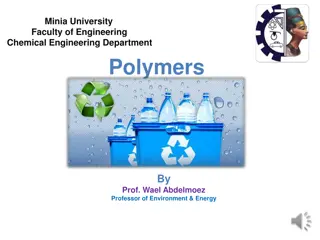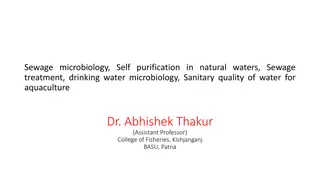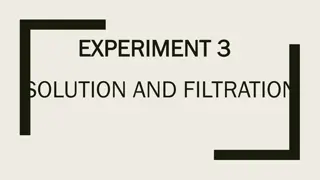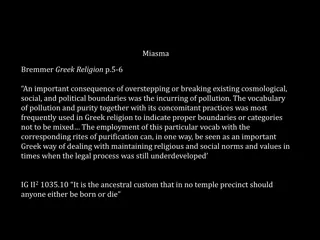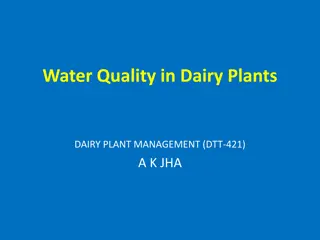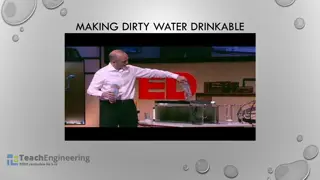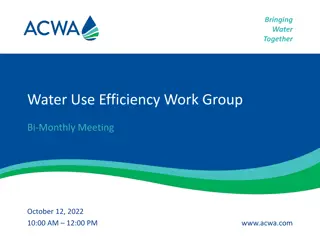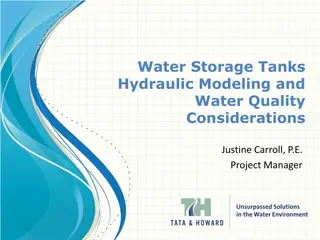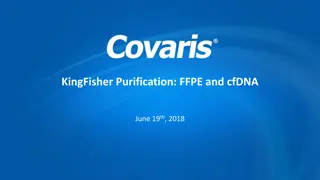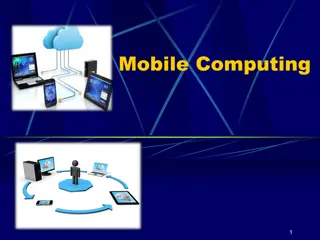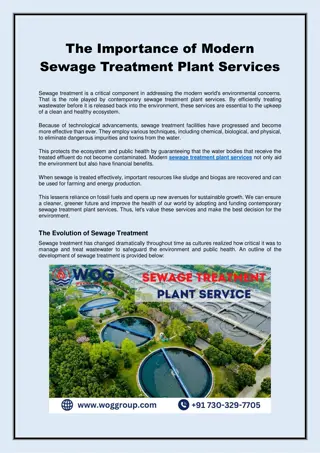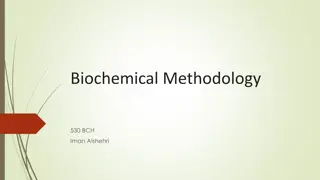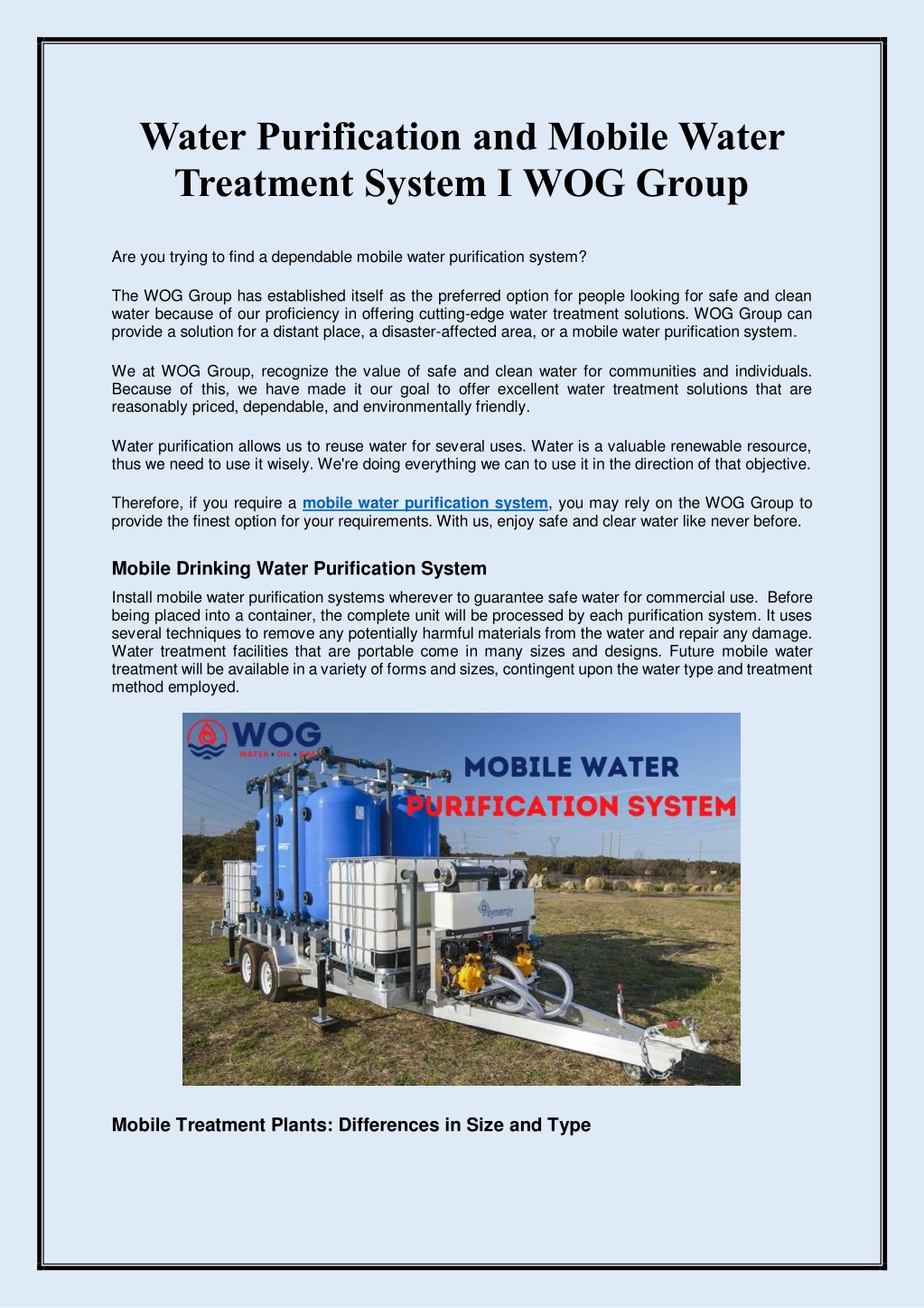
Mobile Water Purification System I WOG Group
WOG Group aims to develop one-of-a-kind, long-term water purification and wastewater disposal systems in neighbouring bodies of water. water purification technology that works aids in the preservation of our treasured natural resources. nnWebsite:
Download Presentation

Please find below an Image/Link to download the presentation.
The content on the website is provided AS IS for your information and personal use only. It may not be sold, licensed, or shared on other websites without obtaining consent from the author. Download presentation by click this link. If you encounter any issues during the download, it is possible that the publisher has removed the file from their server.
E N D
Presentation Transcript
Water Purification and Mobile Water Treatment System I WOG Group Are you trying to find a dependable mobile water purification system? The WOG Group has established itself as the preferred option for people looking for safe and clean water because of our proficiency in offering cutting-edge water treatment solutions. WOG Group can provide a solution for a distant place, a disaster-affected area, or a mobile water purification system. We at WOG Group, recognize the value of safe and clean water for communities and individuals. Because of this, we have made it our goal to offer excellent water treatment solutions that are reasonably priced, dependable, and environmentally friendly. Water purification allows us to reuse water for several uses. Water is a valuable renewable resource, thus we need to use it wisely. We're doing everything we can to use it in the direction of that objective. Therefore, if you require a mobile water purification system, you may rely on the WOG Group to provide the finest option for your requirements. With us, enjoy safe and clear water like never before. Mobile Drinking Water Purification System Install mobile water purification systems wherever to guarantee safe water for commercial use. Before being placed into a container, the complete unit will be processed by each purification system. It uses several techniques to remove any potentially harmful materials from the water and repair any damage. Water treatment facilities that are portable come in many sizes and designs. Future mobile water treatment will be available in a variety of forms and sizes, contingent upon the water type and treatment method employed. Mobile Treatment Plants: Differences in Size and Type
Depending on the water we have and the procedure we use to treat it. Eventually, transportable treatment centres will come in various shapes and sizes. Water purification is one of the company's main goals to recycle water for later generations. Here are a few more examples: 1. The Mobile Water Filtration System 2. Transportable Wastewater Management 3. And lastly, Mobile Reverse Osmosis The use of portable water filtration devices is growing in popularity. We'll construct a mobile water treatment system on a trailer using a range of water treatment technologies. A transportable caravan's ability to arrive on location and supply a large number of people with drinking water is one of its most significant advantages. However, these mobile water purification systems can view both surface water and groundwater. For Many Businesses, High-Quality Water Treatment Is Necessary Water is necessary during the manufacturing process in various industries. We need constant access to fresh water if we hope to maintain the sustainability of our water supply. The discharge of treated water into nearby water bodies will affect the environment and necessitate water treatment. Effective water treatment is essential for the manufacturing, textile, pharmaceutical, healthcare, and electricity generation industries as well as for agriculture. Water is essential to the textile industry, and the use of various chemicals and colours necessitates the establishment of an appropriate water treatment facility. In the agricultural industry, water is a vital resource since without it, crops cannot develop. Recycling the water used in agriculture is crucial because it is the most accessible renewable resource. Many processes involved in food processing require water. Because of this, the resulting effluent is acidic and should not be reused. The industry that generates electricity produces the most wastewater. Because it includes heavy metals and insoluble chemicals, handling it should be done with caution. Common water contaminants and their impact on health Substances that are present in water that may be hazardous to human health are known as water pollutants. The following list of typical water pollutants and their effects on health:
Heavy metals such as lead, arsenic, mercury, and cadmium are released into streams by industrial processes and herbal deposits. They can build up in the body over time, causing renal damage, developmental disorders, most malignancies, and anxiety device issues. Bacteria and viruses can cause gastrointestinal infections, cramps, and diarrhoea. Animal faeces, sewage, and diseased assets are some of the ways they could enter the water device. Chemical contamination can occur through pesticides, household merchandise, or commercial trash. Solvents, pesticides, and chlorine by-products are a few examples. They can also have many poor results in the kidneys, liver, neurological tools, and reproductive system. Improper disposal of human waste would possibly depart hint amounts of pharmaceuticals in water formations. However, the lengthy period implications of utilizing those pills have to be clarified. Nitrates, normally observed in fertilizers, can leach into groundwater. Elevated nitrate stages in ingesting water can be intricate, especially for younger infants, when you consider that they could alter blood oxygen shipping and motive methemoglobinemia, now and again referred to as "blue little one syndrome." Extended exposure to chlorine and its metabolites can be harmful to one's health, notwithstanding its role in sterilizing water and putting off harmful microorganisms. In addition to stressing the pores and pores and skin, eyes, and respiration machine, prolonged exposure to chlorine has been connected to a few cancers. Conclusion: Investing in mobile water treatment systems for a sustainable future Purchasing mobile water treatment equipment is an essential first step in creating a sustainable future. These technologies offer a useful and effective way to deal with problems related to water contamination in different contexts. The following are some justifications for the advantages of purchasing mobile water treatment systems: Innovation and Technology: To efficiently treat water, mobile water treatment systems frequently include cutting-edge technologies. To guarantee pure drinking water, these systems can use filtration, disinfection, and other techniques to get rid of or balance out impurities. Emergency Preparedness:
Water supplies can be disrupted and populations left exposed to natural disasters, conflicts, or other calamities. During emergencies, mobile water purification devices offer a quick response option that makes safe water accessible. Flexibility: These structures' mobility enables them to be helpful in diverse settings and lets them adapt to changing requirements. They are beneficial in catastrophe-affected areas, rural communities, or temporary settlements wherein on-the-spot water supply is crucial. Impact on the environment: Mobile systems reduce the need for bottled water and long-distance water transportation by treating water at the source. It also helps protect natural resources and lowers the carbon footprint related to water delivery. Cost-Effectiveness: A mobile water purification system is a great low-cost choice than constructing an everlasting water treatment plant. They do not require lots of construction or preservation due to the fact they are clean to put up and run. They are consequently a sensible option for pressing or brief water treatment needs. Accessibility: In places without admission to clean water, mobile water treatment structures are without problems portable and deployable. They offer short comfort and get admission to clean consuming water in emergency eventualities, isolated regions, and places hit by herbal failures. Investing in a mobile wastewater treatment plant is a sustainable and efficient way to provide access to clean water. WOG Group https://woggroup.com





